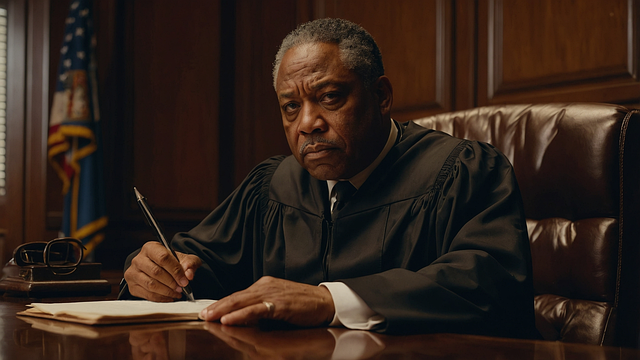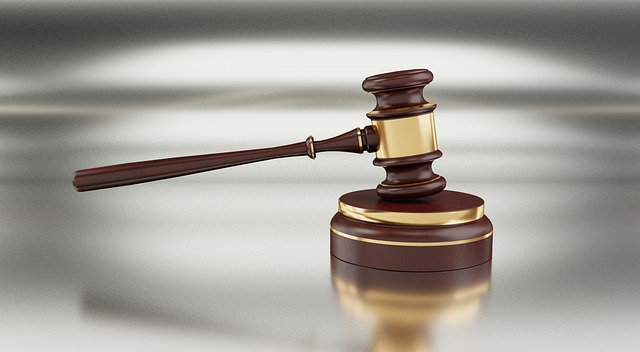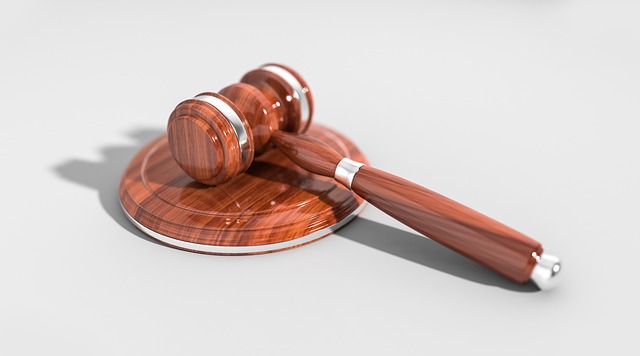Navigating a personal injury trial requires deep legal expertise in tort law, case law, and jurisdiction-specific rules. Lawyers investigate thoroughly, gathering medical records, witness statements, photographs, and documents to build a strong case strategy. They present complex issues clearly, using storytelling and evidence to secure just compensation for clients' injuries through effective communication and persuasive rhetoric.
“Prepare for success in a personal injury trial with this comprehensive guide. Lawyers must navigate a complex legal framework, from understanding relevant statutes to mastering case law. Effective investigation and evidence gathering are crucial steps, ensuring every detail is accounted for. Compelling presentation skills, combined with a strategic case build, can make the difference between a favorable outcome and an adverse verdict. Discover the essential practices for preparation, including key evidence considerations and trial presentation techniques, to increase your chances of winning in personal injury cases.”
- Understanding the Legal Framework for Personal Injury Cases
- Investigating and Gathering Evidence Effectively
- Building a Compelling Case Strategy and Presentation Skills
Understanding the Legal Framework for Personal Injury Cases

Navigating a personal injury trial requires an in-depth understanding of the legal framework that governs such cases. Each jurisdiction has its own set of laws and regulations that dictate how these claims are handled, from filing procedures to burden of proof requirements. Lawyers must be well-versed in tort law, which deals with civil wrongs and their remedies, as it forms the backbone of personal injury litigation. This includes knowing the specific statutes related to liability, damages, and time limits for filing claims, such as the statute of limitations.
In the context of various personal injury scenarios, issues like nursing home abuse, slip and fall accidents, or insurance coverage disputes may arise. Lawyers prepare by thoroughly researching relevant case law and legal precedents, which can significantly impact trial strategies. They must also anticipate potential challenges from defendants’ legal teams, ensuring their clients’ rights are protected throughout the process.
Investigating and Gathering Evidence Effectively

In preparing for a personal injury trial, lawyers play a crucial role in investigating and gathering evidence effectively. This process begins with a thorough examination of the client’s medical records, which provide detailed accounts of auto accident injuries or instances of caregiver abuse, among other incidents. An accident attorney will meticulously review these records to understand the extent and nature of the harm suffered, looking for both immediate and long-term effects on the victim’s health and well-being.
Additionally, lawyers conduct interviews with witnesses, collect photographs from the scene, and secure relevant documents such as police reports and insurance policies. This multi-faceted approach ensures that every piece of evidence is accounted for, strengthening the case significantly. By employing these strategies, a personal injury attorney can effectively navigate the complexities of a trial, aiming to secure just compensation for their client’s auto accident injuries or caregiver abuse claims.
Building a Compelling Case Strategy and Presentation Skills

Building a compelling case strategy is paramount for lawyers preparing for a personal injury trial. This involves meticulous research, gathering relevant evidence, and reconstructing the events leading up to the incident. A successful strategy should focus on demonstrating liability, quantifying damages, and presenting a clear narrative that resonates with both the judge and jury. Lawyers must be adept at connecting the dots between facts, expert opinions, and legal precedents to create a powerful case.
Effective presentation skills are equally crucial. A personal injury attorney needs to articulate complex legal concepts in a simple, engaging manner. This includes utilizing compelling storytelling techniques, visual aids, and persuasive rhetoric to keep the jury invested throughout the trial. Addressing issues like breach of fiduciary duty or medical negligence requires clear communication, ensuring the jury understands the nuances and implications for both parties.
Preparing for a successful personal injury trial demands a comprehensive approach. By understanding the legal framework, investigators must gather robust evidence while developing a compelling case strategy and honing presentation skills. This multi-faceted preparation ensures lawyers can navigate the complexities of these cases effectively and advocate vigorously for their clients’ rights during a personal injury trial.






